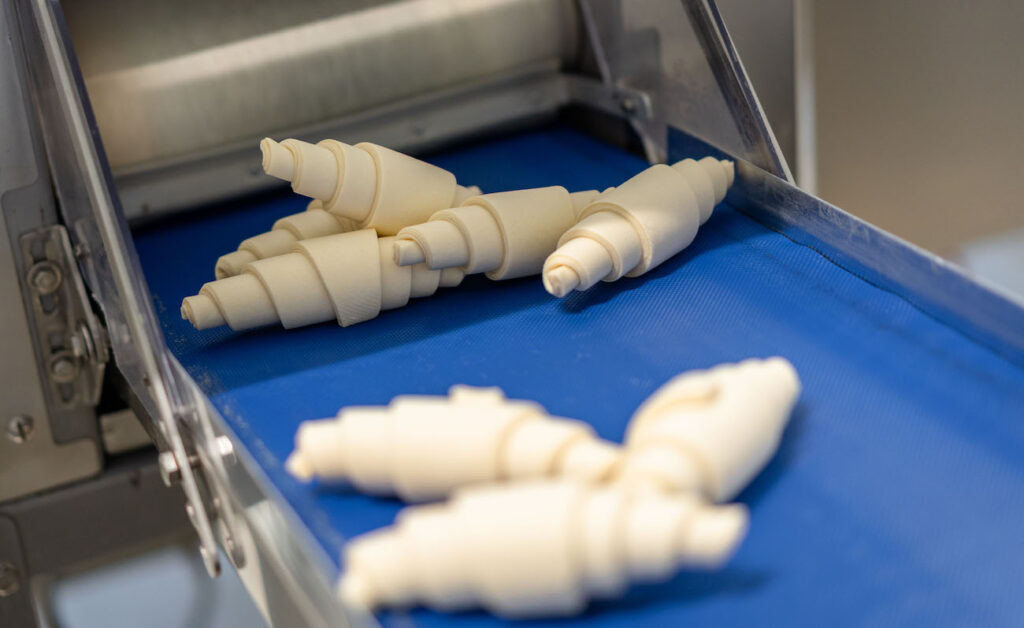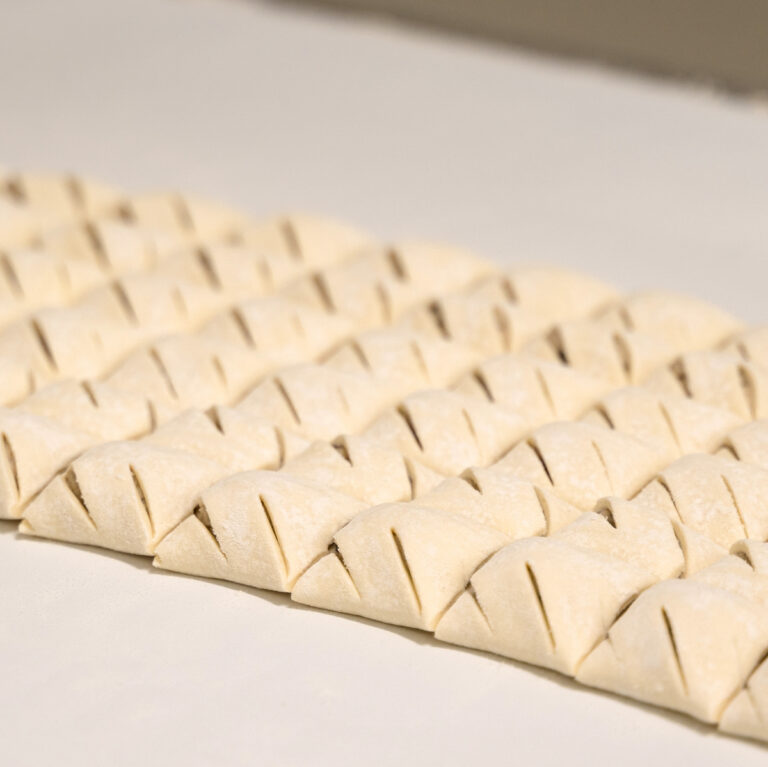Often underestimated and considered less healthy than fresh products, frozen foods hide an unexpected potential for environmental sustainability. Let’s find out why.
Reducing food waste: a significant impact
One of the biggest problems of our time is food waste. Frozen foods, in this context, prove to be a winning weapon:
Record times: Freezing occurs immediately after harvesting or production, when the products are at their freshest. This process blocks enzymatic activity, preserving nutritional and organoleptic properties for longer periods.
Precise portions: Frozen foods are easily portionable, avoiding waste related to the preparation of excessive quantities.
Simplified planning: Thanks to long shelf life, it is possible to better plan purchases, avoiding buying more food than necessary and then having to throw it away.

Duration and quality: a winning combination
Long-lasting freshness: Frozen foods maintain their nutritional and organoleptic characteristics for much longer periods than fresh products, always guaranteeing a tasty and healthy product.
Unlimited seasonality: Thanks to freezing, it is possible to enjoy seasonal fruit and vegetables all year round, without having to resort to intensive cultivation or chemical treatments.
Economic and social impact
Economic savings: Buying frozen foods often means saving money, as prices are generally more competitive than fresh products. Furthermore, reducing waste leads to further savings on food spending.
Support for local communities: Many companies that produce frozen foods work closely with local agricultural producers, helping to support the economy of rural communities.

Environmental sustainability: a concrete commitment
Reduction of environmental impact: Freezing allows you to reduce greenhouse gas emissions related to the transport and conservation of food products. In addition, frozen food companies like Igloo are increasingly investing in innovative technologies to minimize energy consumption and reduce environmental impact.
Eco-friendly packaging: Many companies are adopting recyclable and biodegradable packaging, helping to reduce waste production.
Frozen foods are a sustainable and convenient alternative for those who want to consume healthy and nutritious foods. Choosing frozen foods means helping to reduce food waste, support the local economy and protect the environment.
Frozen foods are a valuable ally for a more sustainable future.



